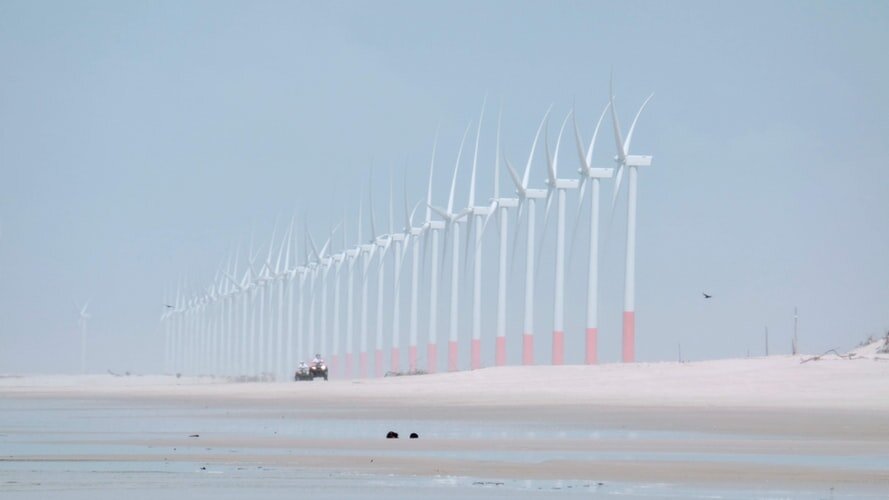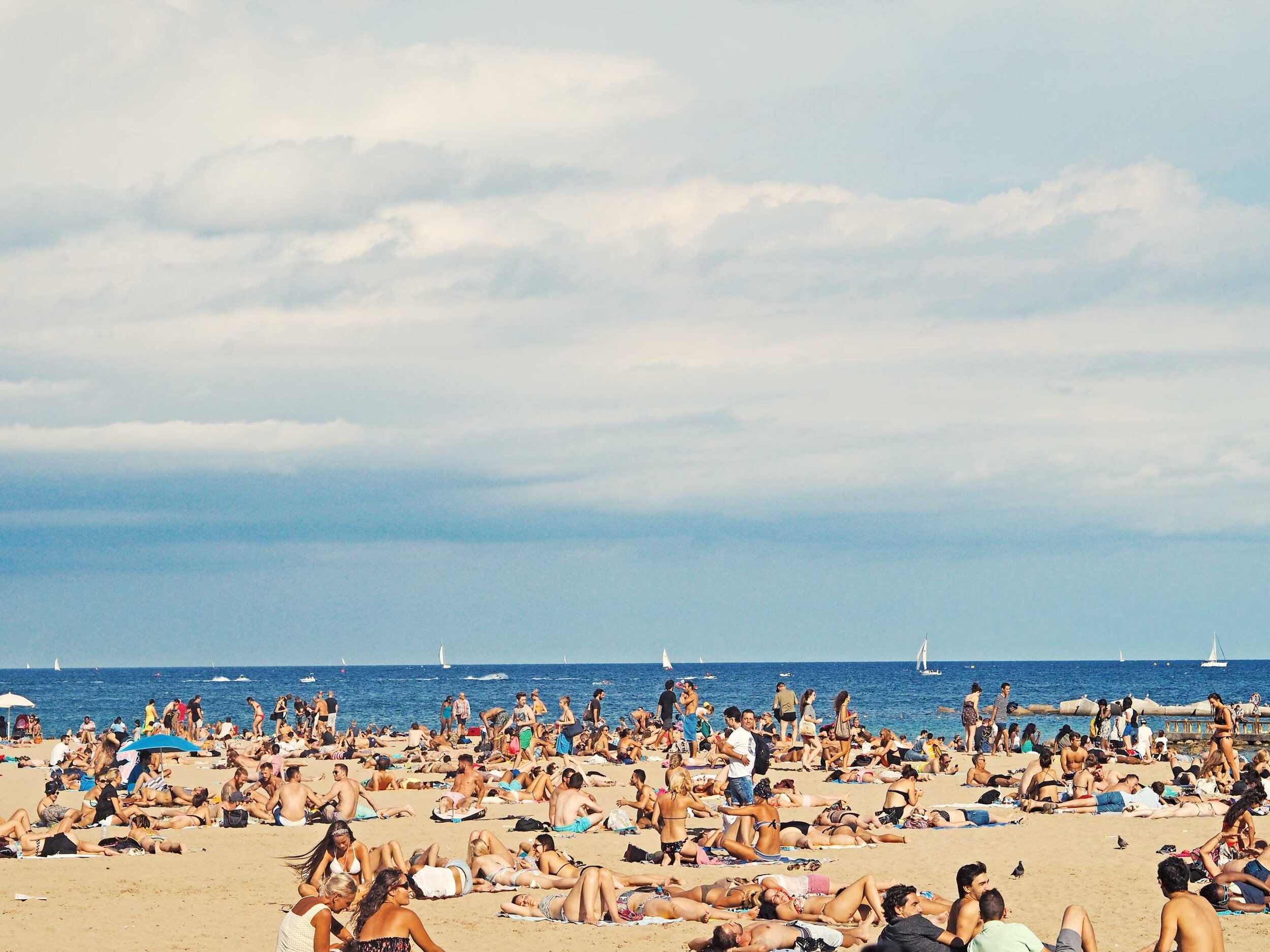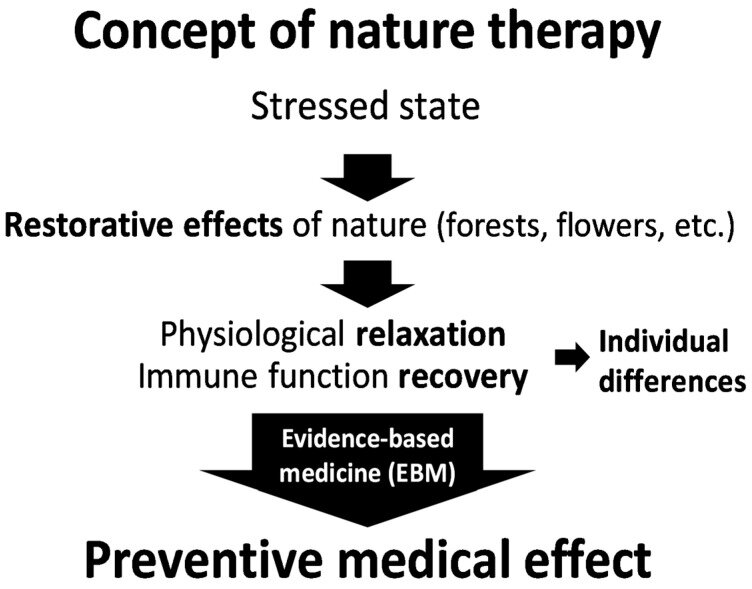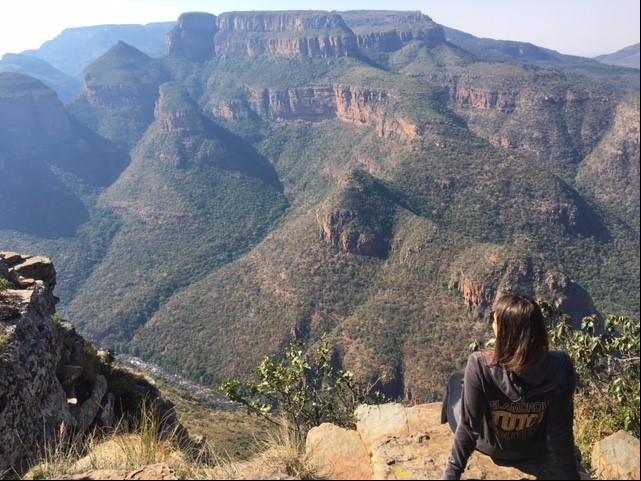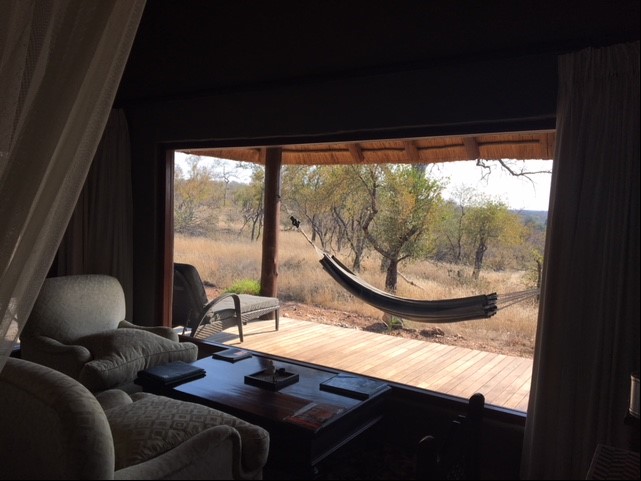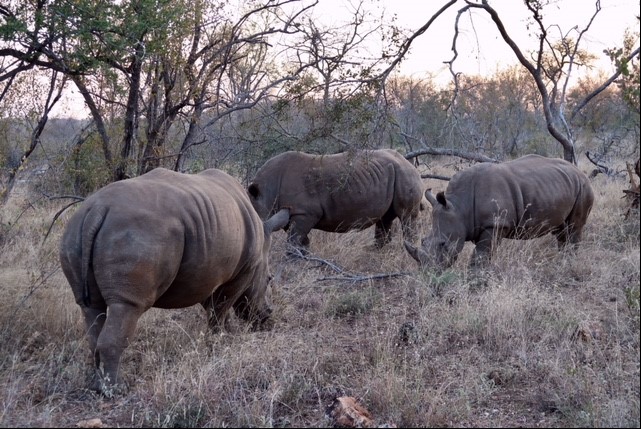The turn of the year has seen dramatic changes in everyday life, but it is okay to still be thinking about your next holiday!
Travel is ever changing, which is handy for our fantastic clients, as there always seems to be something new to learn. That is why we travel, isn’t it? In essence yes, but your education starts well before you have arrived at the destination. Let’s straighten out the biggest misconceived term…
What is Sustainable Tourism?
It seems as if the term Sustainable has become a trendy corporate slogan, which has seen its meaning stripped to just being concerned with the environmental impacts of a product or experience. Now, add to this the confusing and diluted subsets of tourism, some of which include Eco, Green and Ethical Tourism. Don’t get us wrong, we love all the strides that have been made to raise awareness of sustainability in tourism, we just appreciate it can all be a bit overwhelming. Therefore, we understand that it has become increasingly harder to bracket ourselves into the type of traveller we want to be!
So what is sustainability in tourism? We believe it embraces the enrichment of the environment, economy and the society of a destination. Therefore, sustainability should be regarded as a responsible approach; not only provided by the supplier, but one adopted by the consumer.
If this is a philosophy you find yourself aligned with, perhaps check out our Responsible Global Tourist’s Guide.
Credit - Guillaume de Germain
Can travelling abroad be Sustainable?
If you’re really keen to escape the British Isles, here’s a few things to mull over –
Holiday for longer! It has become increasingly normal to work remotely, so why not consider preparing that presentation whilst relishing views of the Mediterranean? Need to finish that seemingly never-ending report? Perhaps the dulcet tones of tropical birds tweeting on the coast of the Indian Ocean will give you further inspiration. Less time travelling and more time to enjoy your immediate surroundings is good for your mental health. Staying in a villa, or short term holiday let, enables you to form your own social bubbles and manage the waste associated with cooking and cleaning (not just the dishes, but laundry too!). In fact, choosing a self-catering trip can greatly reduce food emissions than that of opting for an all-inclusive resort, where food waste is typically high.
These longer stays will also enable you to immerse yourself in the destination’s culture, which not only means you can learn more about the community, but local businesses will reap the rewards of a savvy-traveller.
Credit - Gary Butterfield
How can I reduce my Carbon Footprint?
As a conscientious traveller, we are all concerned about our mode of transportation. Of course, the biggest issue being flying! We know that catching a flight can be one of the most carbon-intensive associates of travelling, as the industry produces approximately 2% of global carbon emissions. So, if you’re unable to drive or catch a train, let us lend you some of our industry knowledge –
Choose an airline that has their own carbon offset program. The likes of Easyjet and Qantas make contributions (from your surcharge) to green initiatives, community support and investment in new technologies. British Airways and Lufthansa promote environmentally conscious partners, making the offsetting for their customer easier. Now, we’re of course not saying that carbon offsetting is the solution and we’re not asking our responsible traveller to shift the moral accountability for carbon reduction to someone else. We do believe that offsetting is one of a few tools at our disposal that can make changes across the travel community.
Why not pick an airline that has engaged in progressive technologies, regarding its aircraft and engines. Newer aircrafts, like the A320neo, have been adopted by the likes of Lufthansa and easyJet, and are far more fuel efficient.
Also, forget flying in business class! Abandon this lavish mind-set, as the extra space used to provide a reclining seat could easily accommodate an additional passenger in economy.
Finally, the greatest amount of fuel consumption during a flight is during the take-off. If you’re able to, opt for a direct flight. Not only will you have less faffing around in airports, you will also get to your destination quicker.
To put your mind at ease Travel Matters will plant a tree for every holiday booked, with our friends at Trees for Cities.
If you’re interested to see what your footprint is, here’s a Carbon Calculator, so you can estimate your next flight’s CO2 contribution!
Credit - Brett Zeck
We’ve arrived at our (Responsible Travel) Destination!
Remember, Sustainable tourism; refers to the safeguard of the environment and enhancement of the indigenous populace; concerning the welfare and progression of living circumstances and embracing an Eco-centric philosophy towards nature.
What we ask of our Responsible Travellers is to take this mind-set into their every holiday experience, from the planning phase all the way to the cocktails on the beach.
Travel matters, so be responsible!















